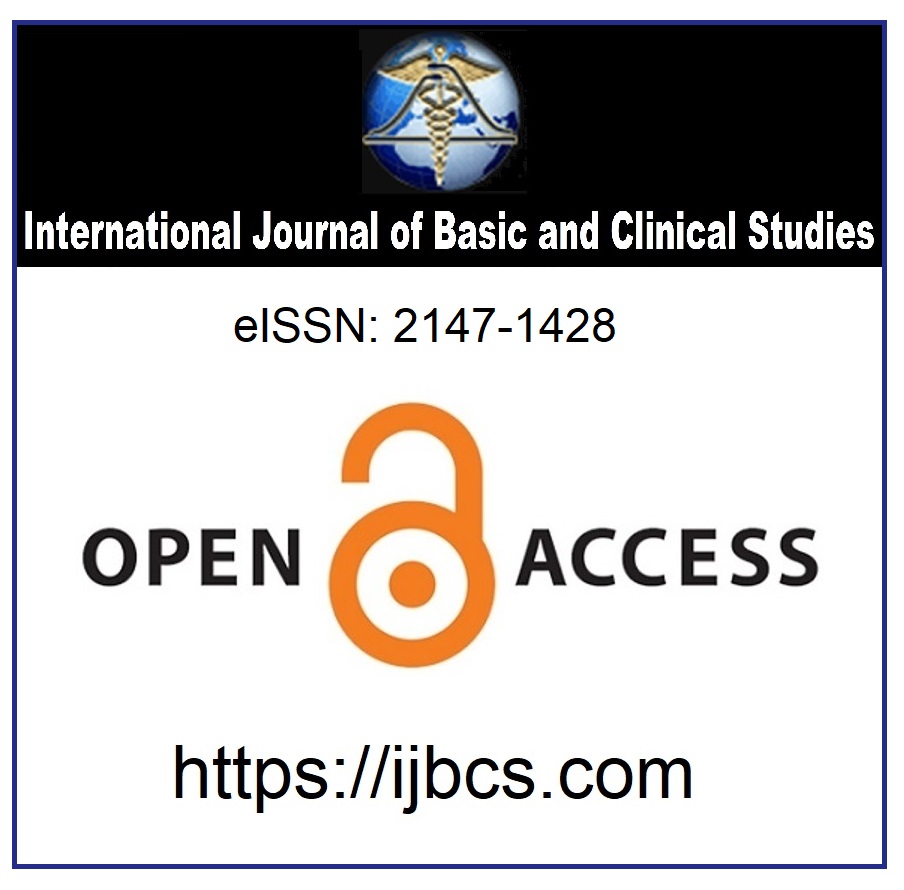Ethics Rules in Scientific Research: Controlling Confounding Variables with CHAT and Plagiarism
Keywords:
Ethical rules, Plagiarism, CHAT, Scientific ethicAbstract
It is important to follow ethical rules. There is a need to raise awareness about scientific ethics in order to prevent ethical violations in scientific articles. The organizations named Committee on Publication Ethics (COPE), Council of Science Editors (CSE), World Association of Medical Editors (WAME) and International Committee of Medical Journal Editors (ICMJE) have prepared recommendations and guidelines for ethic rules. These guidelines should be taken into account. CHAT is generally more successful at controlling confounding variables in ethical considerations. As it’s known that Confounding is defined as a possible source of bias in studies in which an unmeasured third variable. Originality is entirely a new thinking and a new style. Inventors,
however, inventors transform pre-existing material into a new shape with existing materials. Originality is entirely a new thinking and a new style. Inventors, however, inventors transform pre-existing material into a new shape with existing materials. Plagiarism is considered a " lack of honesty " in academia. If the approach style and materials of another study are to be mentioned, and if it is to be interpreted, it must be cited as a reference. Referencing is the best example of teamwork with people you do not know. Sharing the same thoughts and solving problems together constitutes the essence of academic work. The article provides a summary of the scientific work you have dealt with for many years. This kind of effort should not be wasted because of some issues such as spelling rules.
Downloads
Published
How to Cite
Issue
Section
License
Copyright (c) 2020 by the Authors

This work is licensed under a Creative Commons Attribution 4.0 International License.



